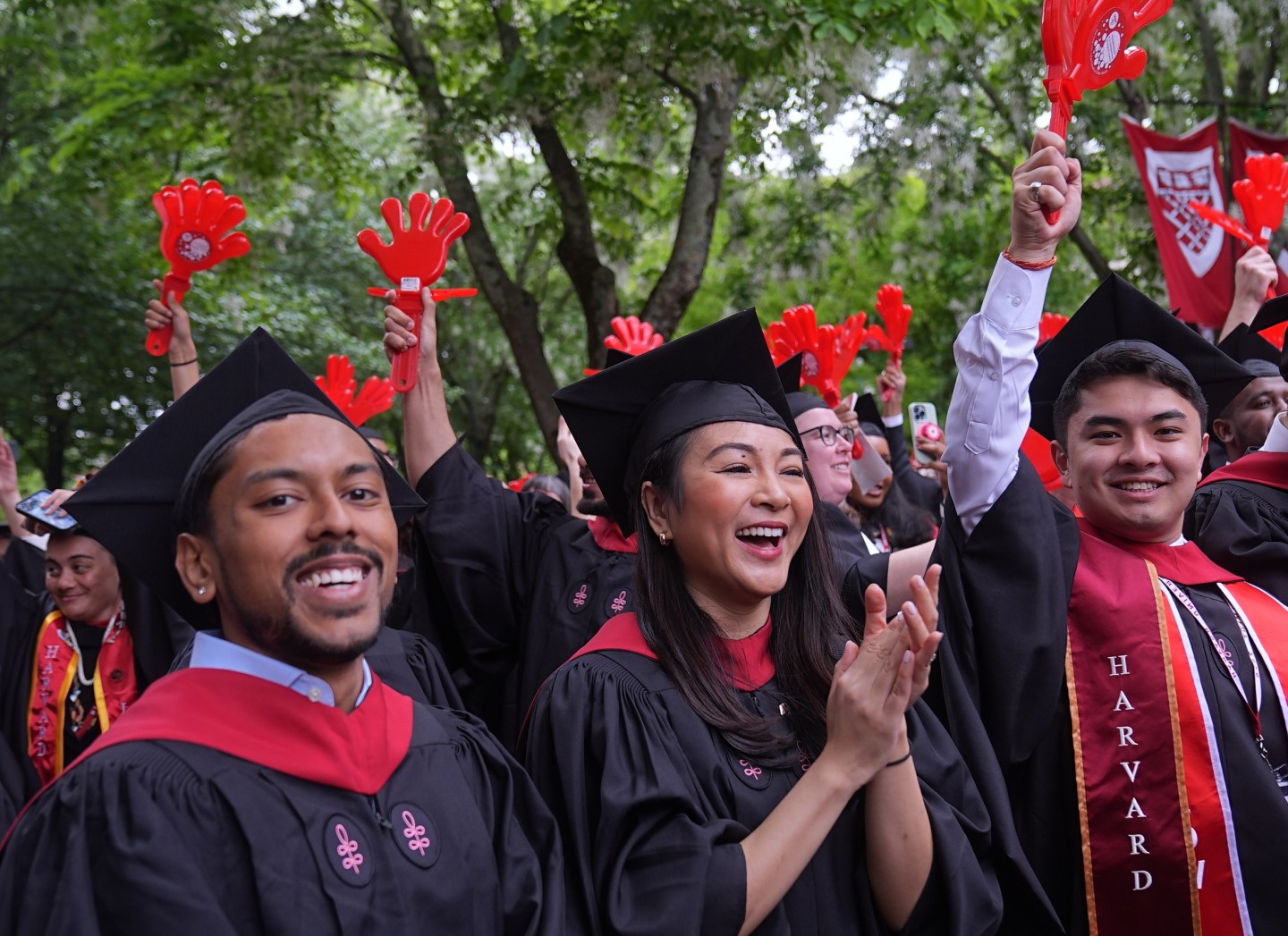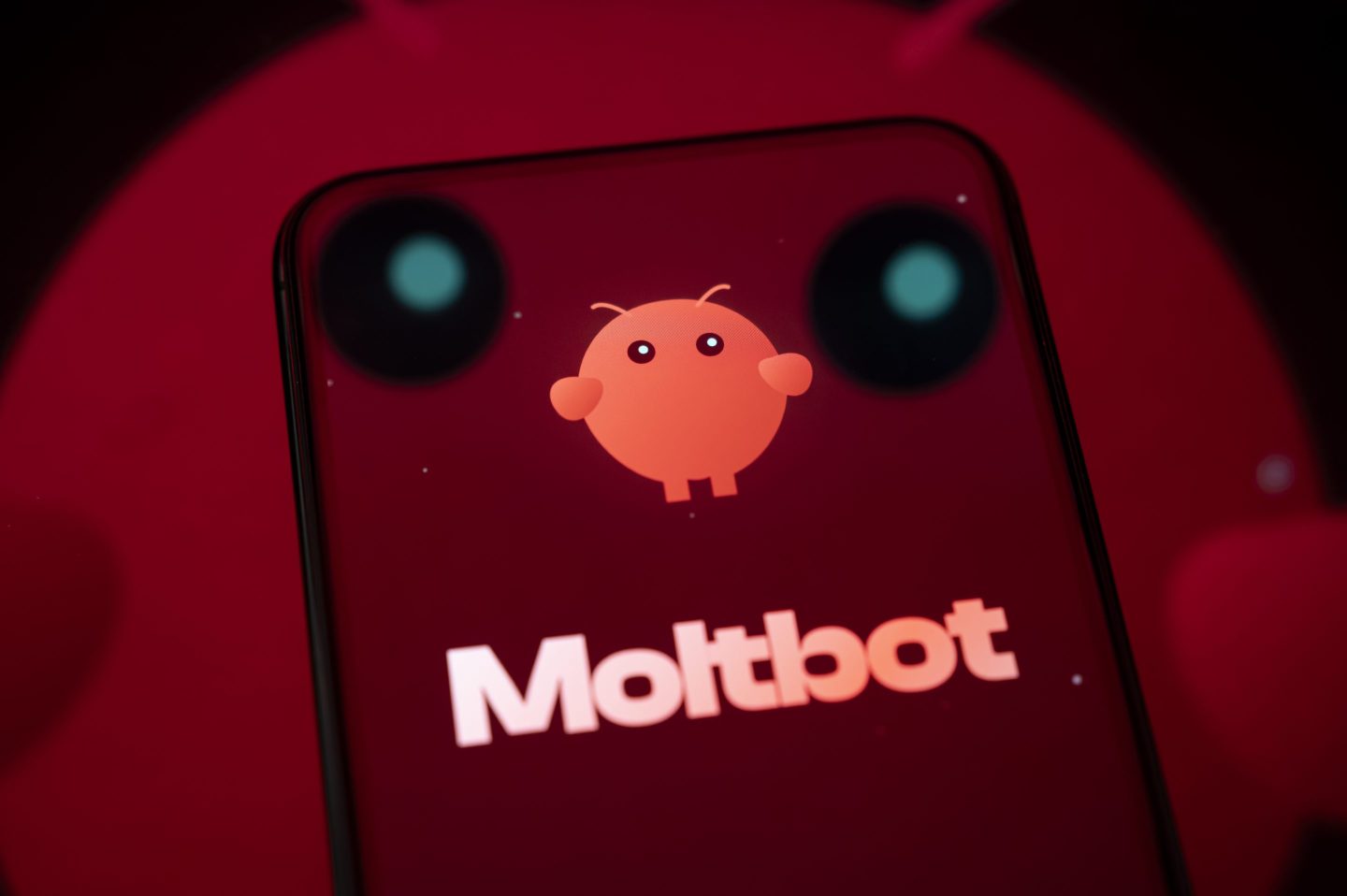Southwest Airlines, the world’s all-time most successful airline, is under siege. The take-no-prisoners activist investor Paul Singer and his Elliott Management firm want to oust the top executives and most of the directors. That’s no surprise: The stock is where it was ten years ago. CEO Bob Jordan knows he’s on the hot seat. “Our overall results—they are not where they should be,” he told Wall Street analysts in July. “They are not reflective of what we are capable of delivering.” His response, appropriately large-scale, is “a strategic transformation of the business,” a phrase that elicits worry as much as reassurance.
Now customers, employees, alumni, competitors, shareholders, and admirers are all asking the same question: What would Herb do?
Herb Kelleher, who died five years ago, was the Southwest co-founder and longtime CEO who created the company’s singularly successful model. It has made Southwest the largest U.S. Domestic airline, bigger than American Airlines, Delta Air Lines, or United Airlines. It was profitable for 47 consecutive years from the time it began operations until Covid broke the string, a record unmatched by any other airline in the world. In that same period, all three of its main competitors went bankrupt at least once.
But times have changed, and Jordan is undoing central elements of Kelleher’s model. Singer wants to go much further, yet their differences are matters of degree, not direction. Southwest became the world’s most successful airline by being radically unlike other airlines, and now Jordan and Singer, in their own ways, want to rescue it by going in the opposite direction—by making it more like other airlines.
The most important change, on which Jordan and Singer agree, is that Southwest must abandon two of the model’s most sacrosanct elements: just one class of service, and no assigned seats. They may well be right.
Other airlines earn most of their profit from extra-room coach, business class, and first class, so Southwest is missing out on a huge opportunity that wasn’t as lucrative back when airlines didn’t have today’ profit-maximizing algorithms for setting fares.
Without assigned seats, Southwest can board its planes fast, enabling planes to turn around faster than other airlines can do and thus fly more segments per day. But “customers are just taking fewer short-haul trips today,” Jordan says, “and when they fly longer, the importance of an assigned seat goes up.” In addition, research found that 80% of Southwest’s customers prefer an assigned seat, and customers who leave Southwest for a different airline cite open seating as their No. 1 reason.
The danger is that the Southwest model is an intricate machine, so tinkering with any element will affect the others.
Assigned seating? While Southwest doesn’t offer it, passengers can choose a seat in advance for a fee. Such “ancillary products around boarding,” as the company calls them, bring in close to $1 billion a year. Assigned seats will eliminate that revenue.
A premium class would require extra legroom, meaning fewer total seats, and the Southwest model requires lots of seats. That’s why the airline doesn’t serve meals; no meals means no galley, leaving room for another row of seats. JP Morgan Chase analyst Jamie Baker wonders if Southwest will also add more non-premium seats by reducing the distance between rows. If so, he writes in a recent report, “a more punitive product might drive lower yields than today. We simply don’t know.”
Which brings us back to what Herb would do. He was always in favor of change—fast—when necessary. “We reject the idea of long-range planning,” he told me years ago. “Have the alacrity of a puma. A plan about what we’re going to do ten years from now will almost certainly be invalidated in the next six months.”
But his passion above all was the most intangible element of the Southwest model, and in his view the most important by far. It was the Southwest culture. Interviewing him onstage at a Coins2Day conference, I deliberately provoked him by reciting the nuts-and-bolts elements of the Southwest model and then saying, “That’s the secret sauce. What does culture have to do with it?”
Steam did not actually shoot out of his ears, but it almost did. “Culture has everything to do with it,” he replied, “because my competitors can copy everything you just said, but they can’t copy our culture, and they know it.”
It wasn’t just feel-good talk. Through all of Southwest’s history, the culture was a crucial component of making the model work. Turning around a plane in 20 minutes—fueling, inspecting, off-loading and on-loading baggage, getting passengers off and on, dealing with glitches—is never easy and sometimes requires workers to do jobs they don’t usually do. The culture determines whether they do them. Passengers aren’t thrilled by other key components of the package – the lack of assigned seats, meals, and inter-line baggage transfer—but customer-facing employees in the Southwest culture can make it all seem okay. When a flight attendant hides in an overhead baggage bin during the turn-around and then says “Surprise!” When a boarding passenger opens it, or near the end of a flight sings a made-up song called “Landing in Tulsa On Time,” it’s hard not to smile.
That’s the critical dollars-and-cents value of culture. So it’s notable that in Southwest’s recent earnings call, none of the company’s six executives mentioned it. Neither did any of the Wall Street analysts or media reporters on the call. Paul Singer’s 51-slide deck making his case for ousting Southwest’s top executives and most of the directors does not mention culture even once.
We can never know what Herb would do, but we can guess what his focus would be. “My biggest concern is that somehow, through maladroitness, through inattention, through misunderstanding, we lose the esprit de corps, the culture, the spirit,” he told me long ago. ”If we ever do lose that, we will have lost our most valuable competitive asset.”
As the Southwest saga advances, it will be worth remembering the element that the contenders seem to have forgotten.













